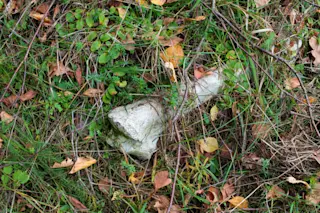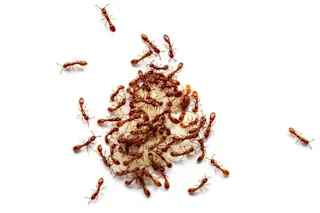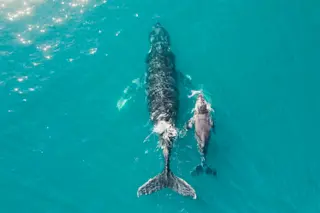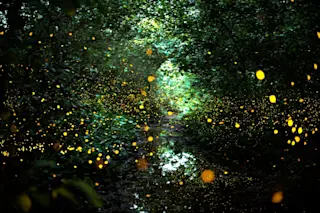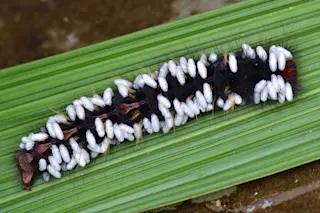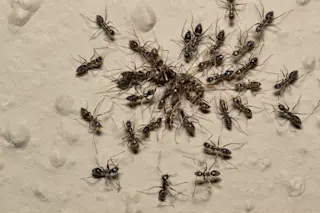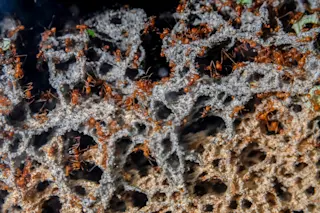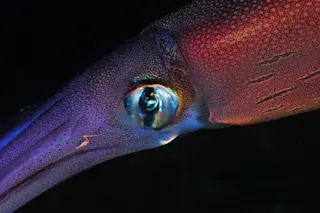Research published last week in Nature appears to add another point to the controversial argument that viruses might be living creatures. Scientists at Tufts University School of Medicine have found a virus that captures its host’s immune system and uses it to destroy the host.
In order to be deemed a real “living creature”, an organism needs to have a genome, be able to grow and make more of itself by replication, and be capable of evolving, or adapting to its environment over successive generations. Humans are living creatures, as we exhibit all of those capacities.
For a long time, scientists have deemed viruses, which are little packages of infective material that can only replicate inside living organisms, to be primitive particles of DNA and RNA, termed a “biological entity.” Thus, not living.
An adaptive immune system is something that an actual living creature contains: over successive replications, immune cells ...


